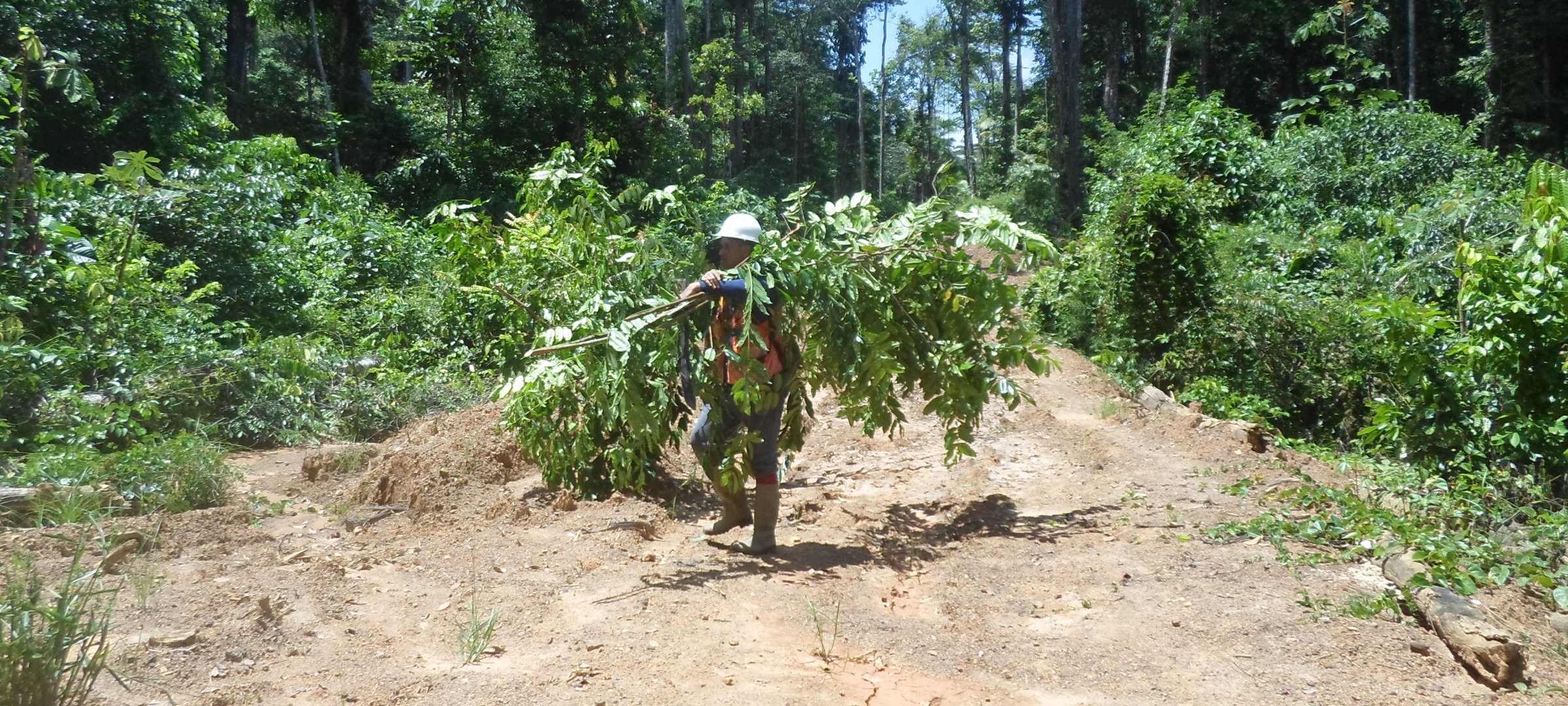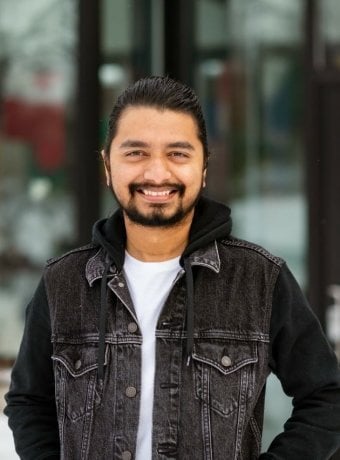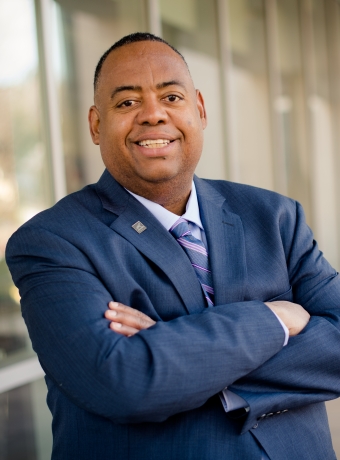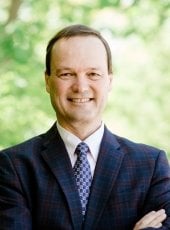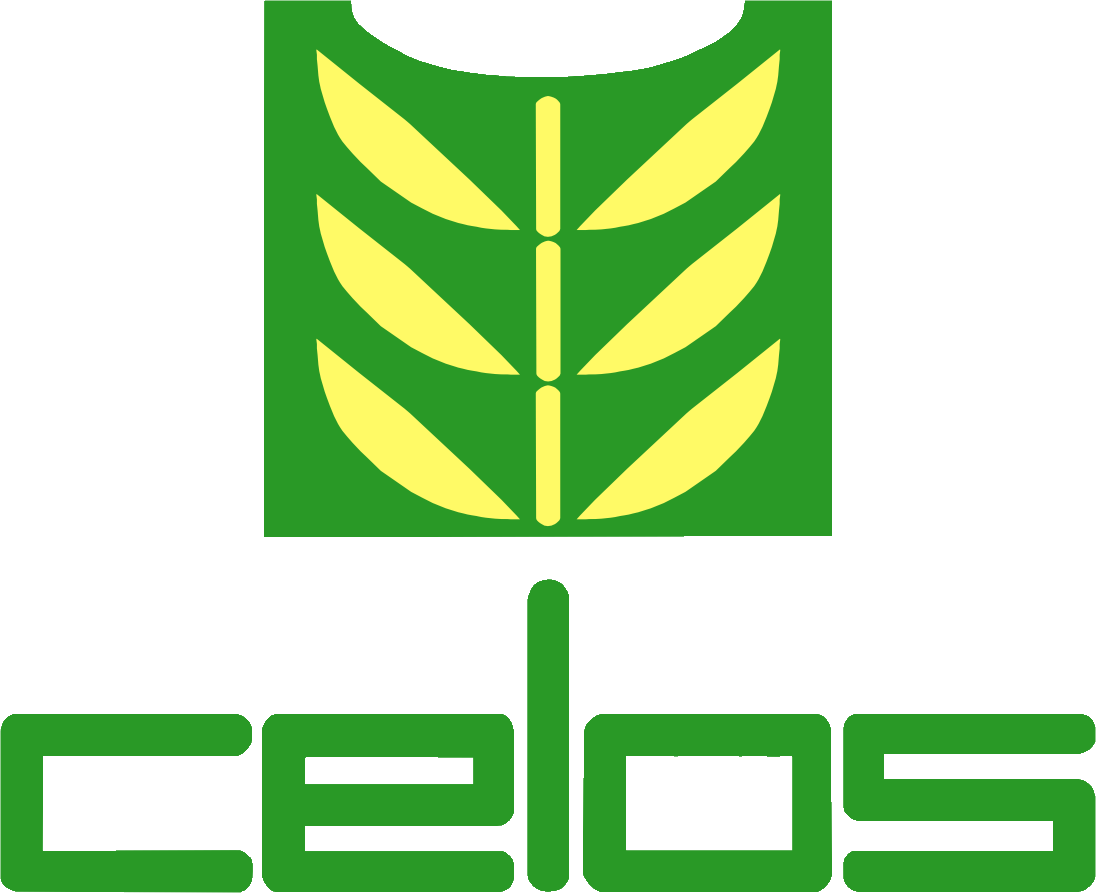Join Michigan Technological University's College of Forest Resources and Environmental Science (CFRES) and Anton de Kom Agricultural University's Centre for Agricultural Research in Suriname (CELOS) for an immersive 3-day workshop on Forest Field Research Methods. This hands-on program offers students the unique opportunity to gain practical skills in tropical forestry, GIS mapping, biodiversity conservation, and sustainable resource management while working alongside international experts. Participants will engage in field research in Suriname’s rich tropical forests, learn cutting-edge techniques, and develop valuable professional connections that can enhance their academic and career opportunities.
This program is designed for students who are passionate about:
- Tropical Forestry
- GIS Mapping and Remote Sensing
- Biodiversity Conservation
- Wood Science
- Sustainable Natural Resource Management
What You’ll Gain
Gain invaluable field experience and advanced training in natural resource conservation and sustainability through hands-on learning in Suriname's tropical forests. Work alongside international experts in forestry, GIS, wildlife, and environmental science, developing essential skills in geospatial analysis, remote sensing, soil science, and wood science that will boost your research capabilities and open doors to future career opportunities. Some other benefits include:
- Build connections with international experts, professionals, and peers.
- Develop skills that enhance your research capacity and future career opportunities.
- Hands-on experience with field research techniques in the tropical forests of Suriname
- Learn how to use GPS equipment, and drones for GIS mapping and remote sensing
- Learn how to use soil sampling techniques
- Learn how to use wood science techniques
- Opportunity to work alongside faculty and professionals from the U.S. and Suriname.
- Practical skills in geospatial analysis, soil science, forest management, and ecology that can enhance your ability to secure future employment or academic opportunities
Program Overview
This program bridges the gap between theory and practice. This structure allows for continuous learning and interaction with instructors and peers, creating a supportive and enriching educational experience.
The program will have three consecutive workshops:
- Online pre-workshop (introducing key concepts via lectures and brief on research ethics)
- In-person workshop in Suriname (fieldwork, data collection, analysis, and research ethics)
- Follow-up online workshop (writing a short scientific report, potential publishing, and presenting research results)
During the in-person workshop, participants will engage in both classroom-based learning and hands-on fieldwork. Using a combination of readings, lectures, discussions, and, most important, field exercises, participants will hone their research skills from hypothesis formulation to manuscript preparation. Individual and small group field research projects will be designed and carried out on topics of relevance to forest ecology, conservation, and management.
Students will be trained by leading faculty from Michigan Technological University (MTU) and leading researchers from the Centre for Agricultural Research in Suriname (CELOS), Suriname's premier academic and research institution of the Anton de Kom university in Suriname (AdeKUS). Our expert instructors will guide students through practical applications of conservation science, with a focus on developing skills that directly contribute to research in natural resource management. Additionally, the workshop will cover topics like research ethics, intellectual property, and responsible practices in scientific research.
Participants will have the opportunity to collaborate closely with their peers and faculty, forging meaningful academic and professional connections. We understand that 3 days is limited, but applicants will have gain experience conducting scientific research in sometimes rigorous field situations in Tropical forests. The workshop aims to foster long-term relationships between Suriname and U.S. researchers, creating a network for young professionals dedicated to sustainability.
What’s Included
- Expert lecture videos
- Lab and Research materials
- Field equipments
- Certificate of completion
- Opportunities for co-authorship on any potential research publications
How to Apply
We’re looking for University/College students who are curious, dedicated, and ready to make a difference in conservation and natural resource management.
- Submit an online application form
- Include a statement of interest and CV/resume (included in the online application form)
- Upload a Letter of Support from your Program Coordinator or Dean
Eligibility Requirements
We encourage applications from students with a passion and determination for natural resource management, sustainability, geology, soils science, wood technology or civil and environmental engineering. We anticipate 10-15 participants for this workshop. In order to be eligible, the applicant must have the following requirements:
- Basic knowledge/awareness of Geographical Information Science (GIS)/Geography/Geology
- Interest in Natural Resources Management/Forestry/Environmental Sciences
- Basic knowledge of (Applied) Statistics
- Working Knowledge in English
- Open to students in forestry, ecology, environmental science, geology, and related fields
- No prior international experience is required
- Need to be able to travel to Afobaka and stay for 3 consecutive nights (food, lodging, and transportation will be provided)
